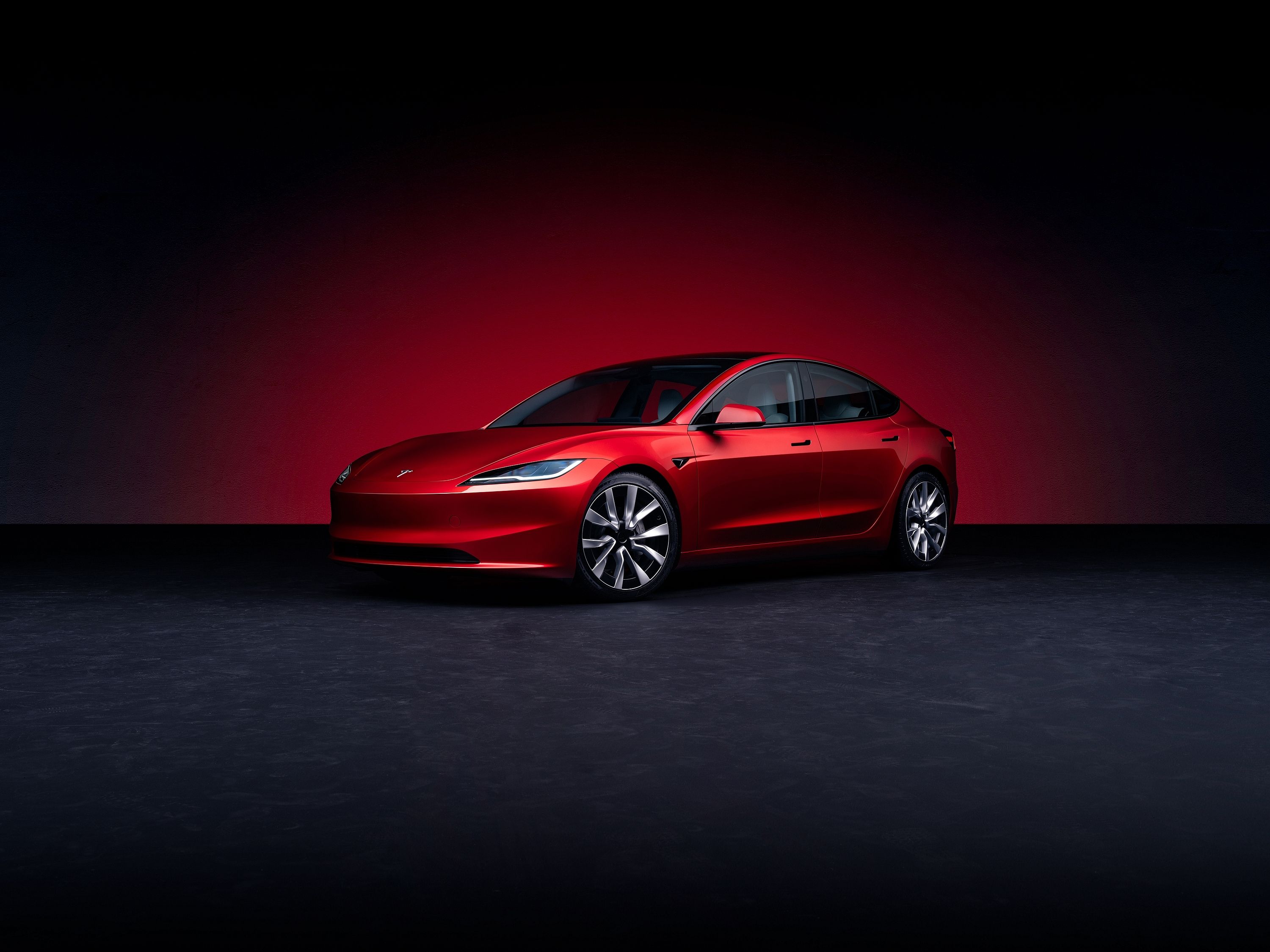
Pick any new car today and chances are it's possible for it to come equipped with driver-assist safety systems such as adaptive cruise control and lane-keeping assist. The Tesla Model 3 is one particular standout, but even mainstream carmakers are offering these technologies and plenty more. Unfortunately, these advanced safety features, at times, are proving to be dangerous.
A new AAA Foundation for Traffic Safety study has been released and it has some troubling findings both consumers and automakers need to be aware of. In short, many of these driver-assist systems intended to make driving safer and easier are making it too easy for drivers to let their guards down, thus increasing the risk of a crash. Of course, when properly used, these systems can make people safer, but intended use and reality are not always the same thing.
Adaptive cruise control and lane-keeping assist were two of the main technologies mentioned in the study because, quite obviously, both are commonly found in new luxury and non-luxury vehicles.
Adaptive cruise control is designed to keep a safe distance between vehicles on the highway by automatically slowing down or accelerating without the driver's input. Lane-keeping assist helps drivers by lightly tugging the steering wheel when the vehicle begins to drift out of the lane. However, both systems require drivers to remain alert and to keep their hands on the wheel. Unfortunately, that's not always been happening. Too many drivers, such as a Tesla Model 3 driver who recently crashed into a parked police car when engaged in Autopilot mode, mistake these systems for something that doesn't exist just yet: complete self-driving. In short, drivers are getting lazy and the consequences can be deadly.
The AAA study found that these two systems, in particular, make drivers "nearly twice as likely to engage in distracted driving" as drivers who are not utilizing them. The study's researchers surveyed a variety of vehicles equipped with these systems, among them the Acura MDX, Ford Fusion, Honda Accord, Jeep Cherokee, and Hyundai Sonata.
However, it's important to point out the study does not state these systems are dangerous, but rather the auto industry needs to do a better job of educating drivers about their limitations.
